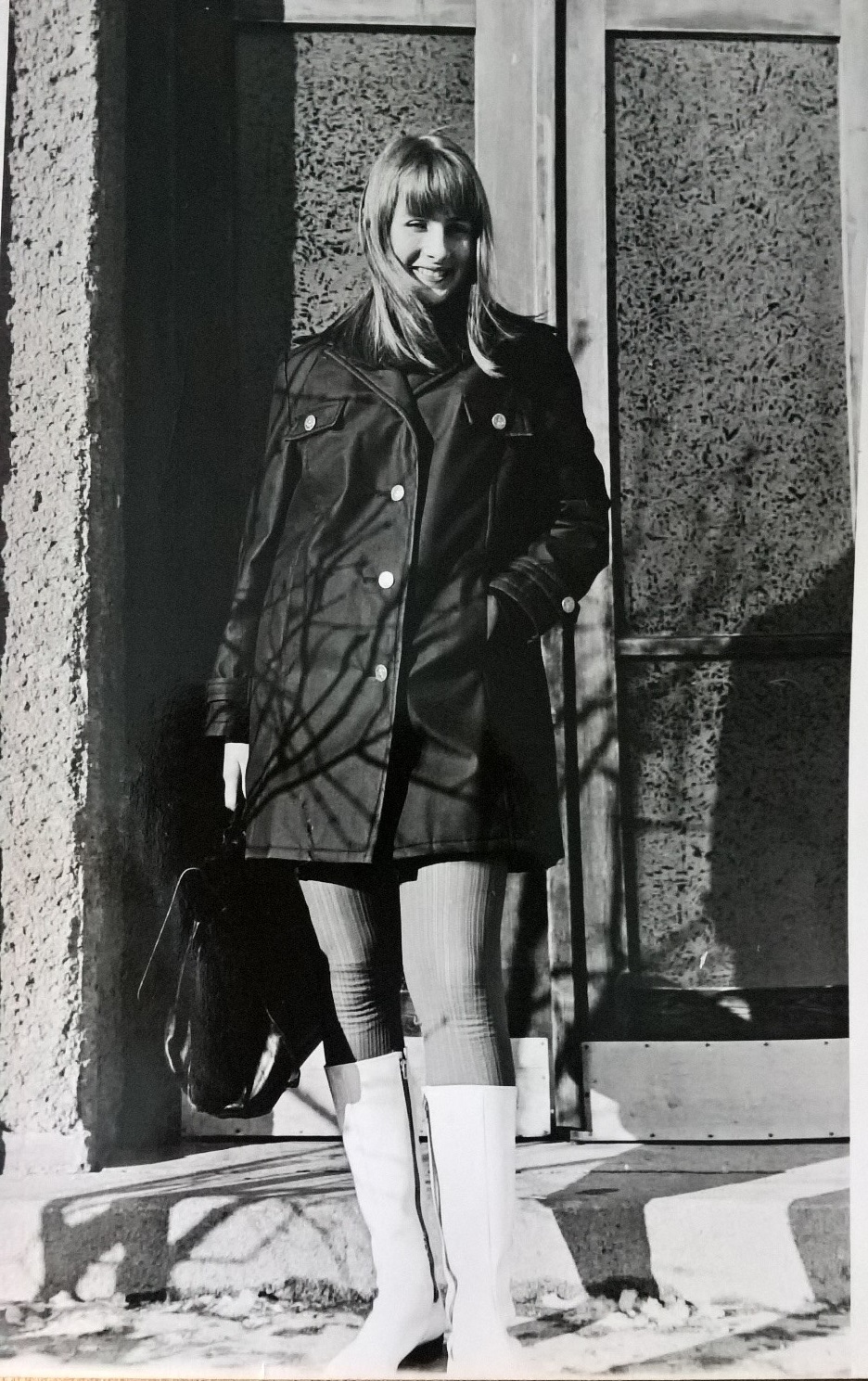One should know a little of everything, to be a bit knowledgable

Stáhnout obrázek
Radoslava Veselá, née Zaciosová, was born on May 28, 1956 in Ostrava. She spent her early childhood in Jáchymov, where her father got a placement as a mining engineer after his studies. The family later moved to Příbrami, where the father got a job in the uranium mines. In Příbram, the witness entered the first grade at the 6th elementary school. She went to Sokol and Scout, enjoyed ballet and gymnastics. She never attended Pioneer. In August 1968, she experienced the occupation of the republic by Warsaw Pact troops and was afraid that there would be war. He remembers the protest posters on the square in the housing estate in Příbram and the empty shops where people bought all the goods. After signing the petition Not a gram of uranium to the occupiers in 1968, the father was fired from the communist party during the beginning of normalization, Radoslava was not allowed to study high school due to a wrong personnel profile. She trained as a saleswoman and later completed a distance learning economic school in Prague. She met her husband while working at the mine, they got married in 1975 and had a son and a daughter. She worked as an operator in a restaurant and dining company and later as an administrative worker at an elementary school. As part of the Youth Association, her husband organized discos in Příbram. He and a group of friends bought a parsonage in Českobudějovicka with money from their jobs and gradually repaired it. In 1989, the property of the SSM passed into the hands of the physical education association, the rectory was confiscated without compensation. After the revolution, she worked as an accountant in Prague. She contracted Guillain-Barré syndrome and wrote a book about her experience with the disease, The Cart and the Jail is for Everyone. The witness lives in Příbram.
















